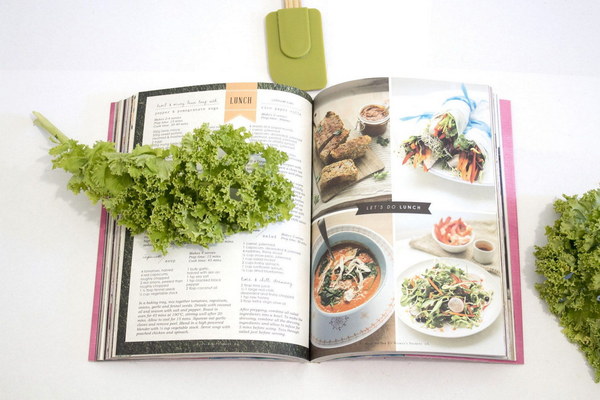Nurturing Babys Stomach Is Less or More the Key to Healthy Digestion
Introduction:
Childhood is a crucial period for growth and development, and maintaining a healthy digestive system is vital for overall well-being. One of the most common concerns among parents is how to nurture their baby's stomach. Should they feed their little one more or less? In this article, we will explore the delicate balance between feeding quantities and the importance of nurturing a healthy stomach for babies.
The Importance of a Healthy Stomach:
The digestive system plays a pivotal role in extracting nutrients from food, which are essential for a baby's growth and development. A healthy stomach ensures that the baby's body can absorb these nutrients efficiently. Moreover, a well-functioning digestive system can help prevent various health issues, such as constipation, diarrhea, and food allergies.
Feeding Less:
Feeding a baby less might seem counterintuitive, but it is essential to understand the concept of satiety and the baby's metabolic requirements. Here are some reasons why feeding less might be beneficial:
1. Preventing Overeating: Overfeeding can lead to obesity, which increases the risk of various health issues later in life. By feeding less, parents can help regulate their baby's calorie intake and prevent overeating.
2. Promoting Healthy Weight Gain: Feeding less does not mean starving the baby. Instead, it is about ensuring that the baby consumes the right amount of nutrients without overindulging. This balanced approach can promote healthy weight gain.
3. Encouraging Digestive System Development: A baby's digestive system is still developing, and overloading it with food can overwhelm the organs. Feeding less can help the baby's stomach adapt to the nutrient requirements and develop a more efficient digestive system.
Feeding More:
While feeding less is crucial, it does not mean that babies should be starved. In some cases, increasing the feeding quantity can be beneficial:
1. Meeting Nutritional Needs: Babies have specific nutritional requirements that vary with age. Ensuring that the baby consumes enough food to meet these needs is crucial for their growth and development.
2. Addressing Growth Spurts: During growth spurts, babies require additional nutrients to support their rapid development. Increasing the feeding quantity during these periods can help meet the increased demand.

3. Boosting Immune System: Adequate nutrition is essential for a strong immune system. By providing a well-balanced diet, parents can help strengthen their baby's immune system and protect against infections.
Balancing Feeding Quantities:
The key to nurturing a healthy stomach for babies lies in striking a balance between feeding less and more. Here are some tips for parents:
1. Follow Feeding Guidelines: Consult a pediatrician or a pediatric dietitian to determine the appropriate feeding quantities for your baby's age and stage of development.
2. Observe satiety Signals: Pay attention to your baby's cues of hunger and fullness. Signs of hunger include rooting, crying, and increased activity, while signs of fullness include turning away from the breast or bottle, and falling asleep.
3. Offer a Variety of Foods: Introduce a variety of nutritious foods to ensure that your baby receives a balanced diet. This can help meet their nutritional requirements while preventing overindulgence.
4. Adjust Feeding Quantities Gradually: As your baby grows, their nutritional needs will change. Adjust the feeding quantities gradually to accommodate their evolving needs.
Conclusion:
Nurturing a baby's stomach is a delicate balance between feeding less and more. By understanding the importance of a healthy stomach and following appropriate feeding guidelines, parents can ensure that their little one receives the necessary nutrients for growth and development. Remember, each baby is unique, so it is essential to observe their individual needs and cues while seeking professional advice when necessary.









